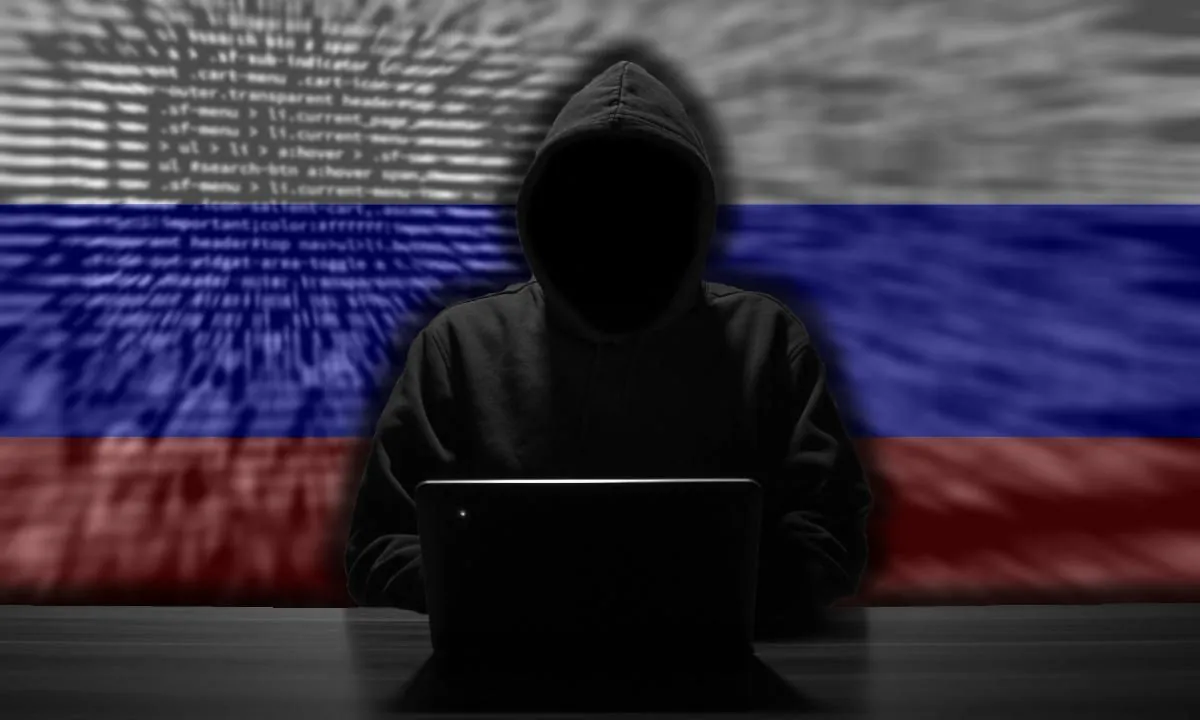Russian-linked hackers have launched a sophisticated phishing campaign targeting critics of the Kremlin across the globe, according to recent findings by digital rights organizations Citizen Lab and Access Now. This operation, part of a broader internet espionage effort, comes as U.S. officials heighten their vigilance over computer networks in anticipation of potential cyberattacks leading up to the 2024 presidential election.
The hacking campaign, which began around 2022, has cast a wide net, targeting Russian opposition figures in exile, former U.S. think tank and policy officials, academics, nonprofit staff in the U.S. and EU, and media organizations. Some targets remain in Russia, placing them at considerable risk.
The hackers employed a distinctive tactic of impersonating individuals known to their targets, enhancing the authenticity of their malicious emails. This method, known as spear phishing, has been a growing concern in cybersecurity circles since the early 2000s.
"This attack is not really complicated, but it's no less effective, because you do not expect a phishing email from your colleague."
The researchers attribute the attacks to two groups: Cold River, a prominent Russian hacking outfit linked to the Federal Security Service (FSB), and a newly identified group called Coldwastrel. The FSB, as the main successor to the Soviet KGB, has been at the forefront of Russia's cyber operations.
The phishing emails typically contained a PDF attachment, a file format developed by Adobe in 1993, which prompted recipients to click to decrypt. This action led to a fake login page resembling Gmail or ProtonMail, both popular email services. ProtonMail, founded in 2013 at CERN, is known for its end-to-end encryption.
Among the high-profile targets was a former U.S. Ambassador to Ukraine, who received a convincing impersonation email from a supposed colleague. The U.S. Ambassador to Ukraine plays a crucial role in diplomatic relations between the two countries, especially given the ongoing conflict.
Citizen Lab, based at the University of Toronto's Munk School of Global Affairs & Public Policy, emphasized the potential severe consequences for some targets, particularly those still in Russia. The Russian opposition has faced increasing repression since the early 2010s, making this cyber campaign particularly concerning.
Cold River, active since at least 2016, has intensified its efforts against Kyiv's allies following Russia's invasion of Ukraine. In December 2023, U.S. and British officials sanctioned some of its members, highlighting the group's significance in the realm of state-sponsored cyber espionage.
As the 2024 U.S. presidential election approaches, this campaign serves as a stark reminder of the ongoing cyber threats facing democratic processes and critics of authoritarian regimes worldwide.
